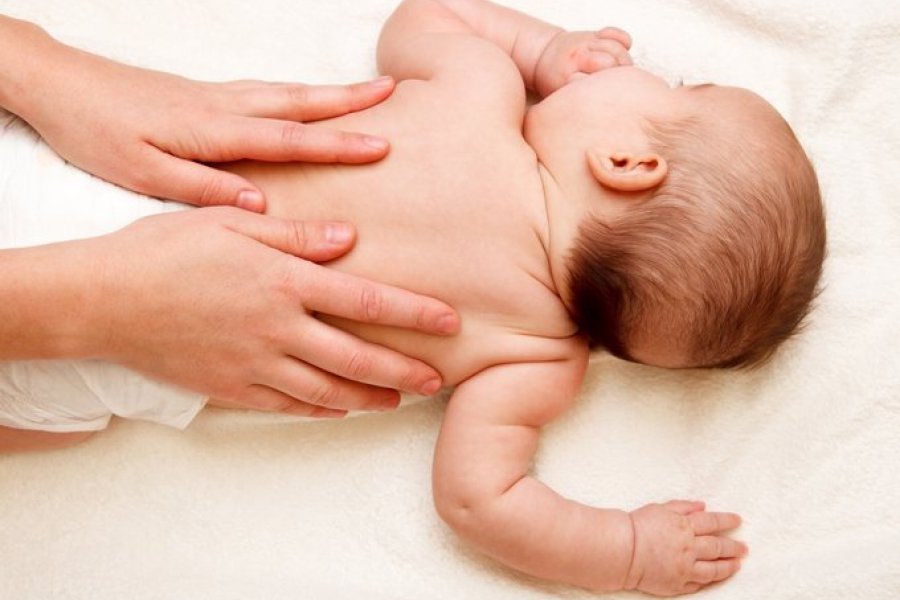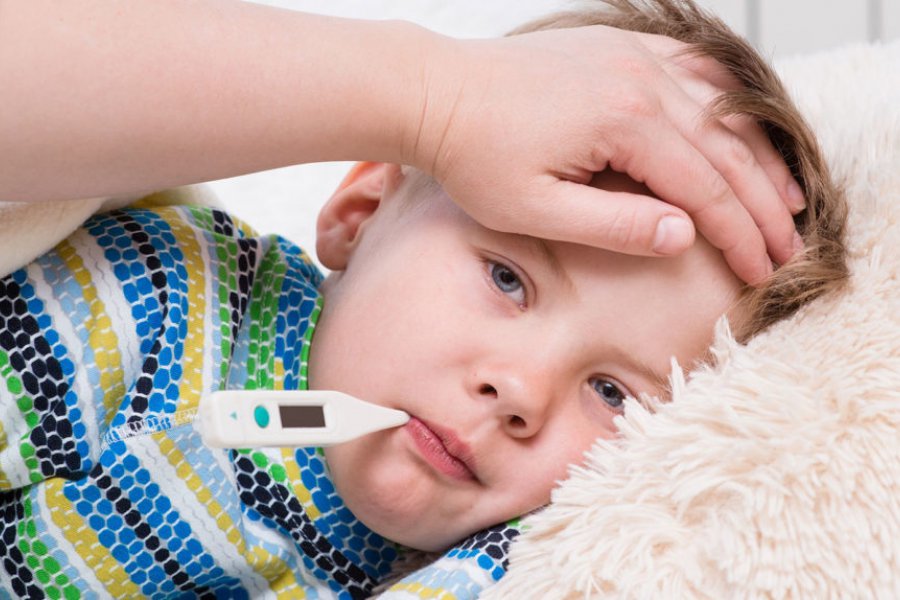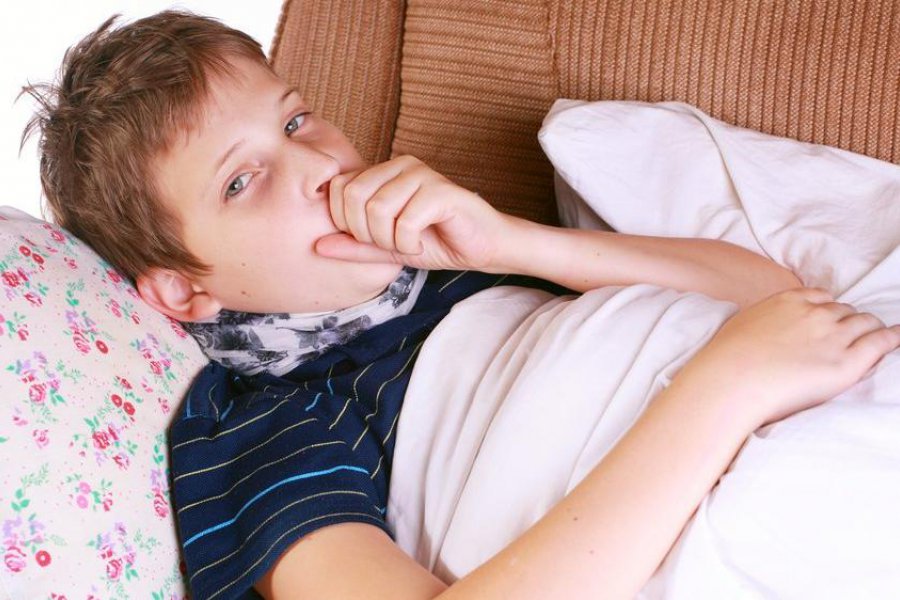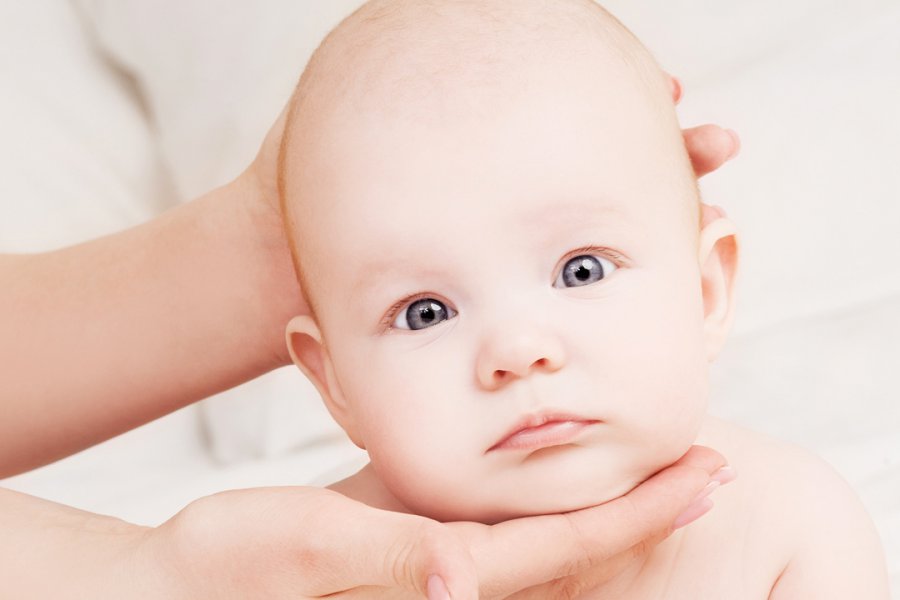Febrile convulsions in children
Febrile convulsions in children are seizures that occur due to fever. These seizures are generally more common in children between the ages of 6 months and 5 years. Febrile seizures are triggered by a sudden rise in the child's body temperature. These sei
Febrile convulsions in children are seizures that occur due to fever. These seizures are generally more common in children between the ages of 6 months and 5 years. Febrile seizures are triggered by a sudden rise in the child's body temperature. These seizures can be frightening, but in most cases they are not harmful and have no long-term impact on your child's growth or intelligence. Here's what you need to know about treating and managing febrile seizures:
Febrile Seizure Symptoms:
During febrile seizures, your child may experience:
Loss of consciousness
Muscle twitches or jerks
body shaking
Respiratory arrest (in very rare cases)
Febrile Seizure Treatment:
What you need to do during a febrile seizure:
Stay Calm: Your first reaction should be calm. Although febrile seizures often seem scary, panicking can make the situation worse.
Lay the Child on the Floor: Lay your child on the floor and clean the area around him safely. Prevent head injury by placing the head under a pillow or soft object.
Check Airway Patency: Your child's mouth and nasal passage must be open. Be careful not to pinch your tongue.
Record Time: Record how long the seizure lasts. If it usually lasts less than 5 minutes, your child's breathing is normal, and it is possible to see a doctor immediately after a seizure, emergency medical attention may not be necessary. However, if the seizure lasts a long time or recurs, you should contact the emergency room immediately.
Provide a Relaxing Environment: Try to calm your child after a seizure. Approach him/her in a calm and affectionate manner.
After Febrile Seizure:
Your child will probably sleep after the seizure. Take him to a doctor as soon as he wakes up.
If you were not prescribed a seizure medication during the febrile seizure, your doctor may recommend this type of medication.
Treat the fever to reduce the underlying fever and prevent a relapse. Ask your doctor what type of antipyretic you should use.
Remember that febrile seizures are not harmful in most cases, but any seizure should be taken seriously and your child's condition should be evaluated by a doctor. Additionally, it is important to identify and treat the underlying cause of high fever, which is the cause of febrile seizures. If you are concerned about your child's health, it is important to consult a pediatrician.






